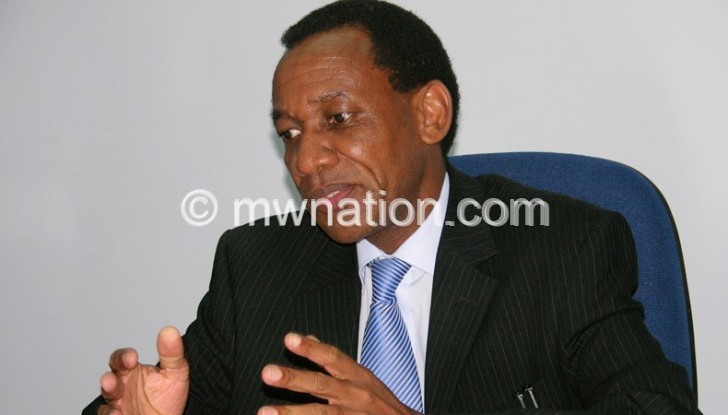Freebies hurting Malawi’s economy-CfSC
The Centre for Social Concern (CfSC) has blamed government’s heavy borrowing, a practice which has led to piling up of debt and subsequently driving up inflation and interest rates on the citizenry’s huge appetite for freebies like subsidies.

The Reserve Bank of Malawi (RBM) financial and economic review for the
second quarter indicates that domestic debt decreased by 1.9 percent
and closed the second quarter of 2015 at K425.31 billion ($705.3 million) from K433.77 billion ($719.4 million) in the first quarter. In terms of external debt, at the close of the second quarter, the
stock totalled $1,896.8 million, a rise of $132.1 million from $1
764.7 million in first quarter of 2015, according to the report. The national headline inflation jumped from 24.1 in September to 24.7 percent in October 2015 as reported by the National Statistical
office (NSO).
In its latest Basic Needs Basket, CfSC says although the current economic predicament could largely be attributed to the recent floods and the pulling out of donors, there is need to scrutinise local
systems and structures, attitudes, values and beliefs towards self-reliance, work and how all these have reinforced the present situation. “Amid this litany of challenges, it is tempting to lose focus on real
issues and begin pointing fingers at each other and the government. All Malawians should adopt a business unusual attitude towards work and embrace a culture of hard work, commitment and integrity in their
daily undertakings.
CfSC says economic independence should begin at household level by recognizing that times have changed, the government’s purse keeps shrinking such that it can no longer afford subsidies for all,” reads the statement in part.
However, CfSC says government remains with the primary responsibility of ensuring sustainable availability of basic social services by designing and implementing enabling policies that ensure economic development, competiveness and efficiency.
According to the statement, the cost of the total basket in the month of September went down by 0.6 percent from K128,769 ($219.14) in August to K127,989 ($217.81). However, the improvement was not sustained in the month of October, as the total basket went up by 3 percent to MK 131,207 and the food basket shot up by 2.6 percent to K78,038 ($132.81).
Speaking during the opening of the Economic Association of Malawi (Ecama) Annual Lakeshore Conference in Mangochi recently, renowned banker Thomson Mpinganjira urged government to find an exit plan to
the Farm Input Subsidy Program (Fisp), saying the programme is not sustainable.





